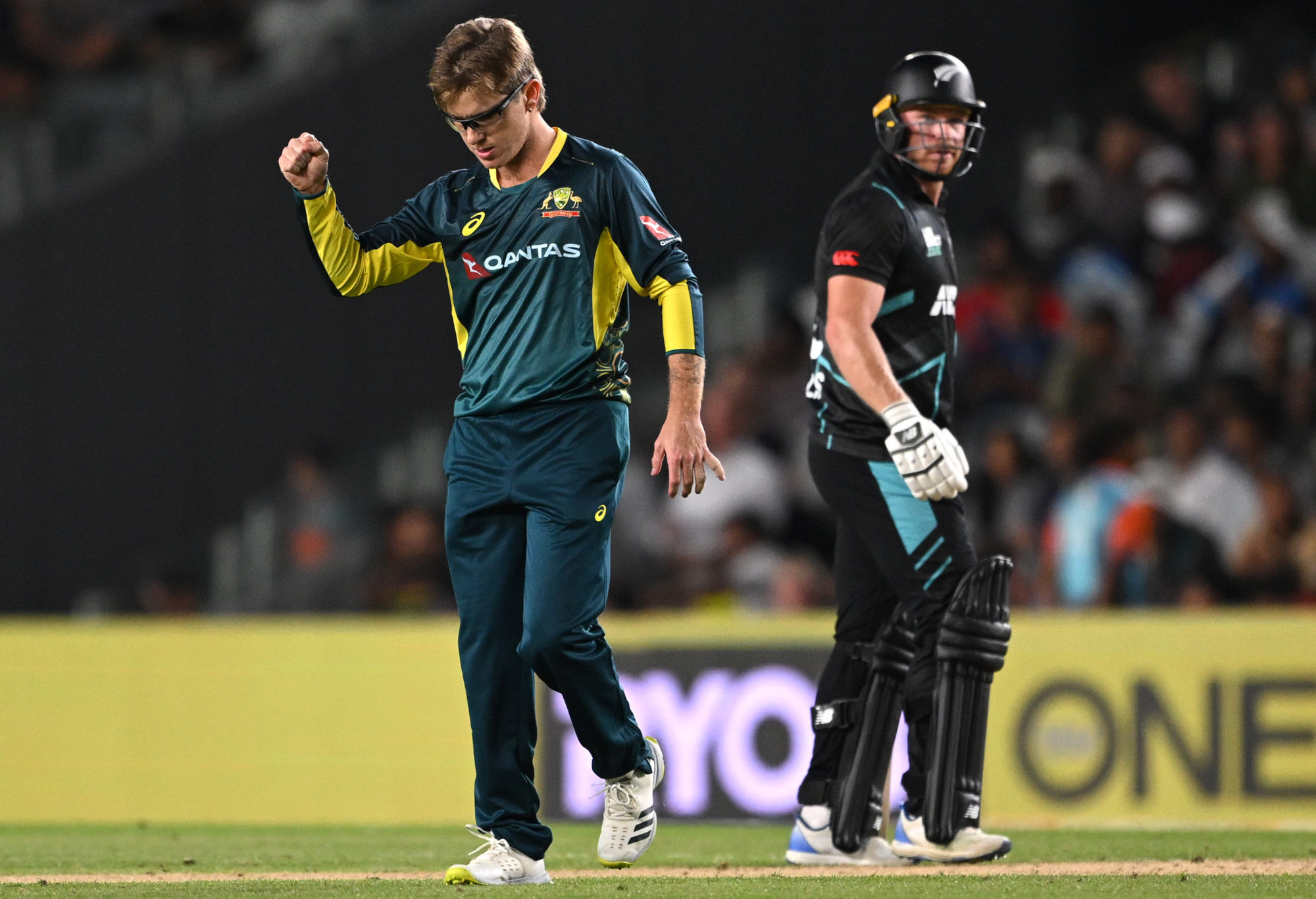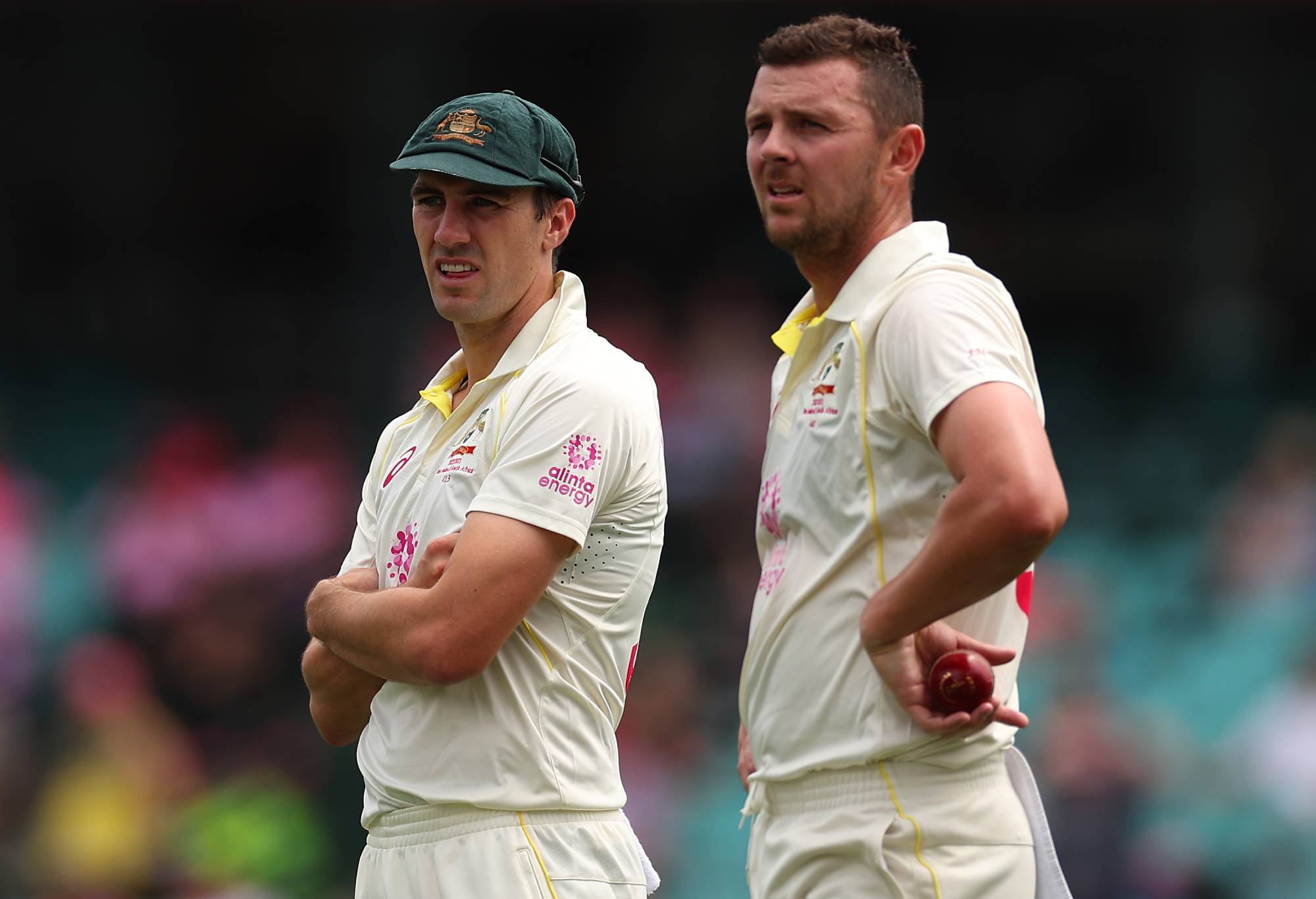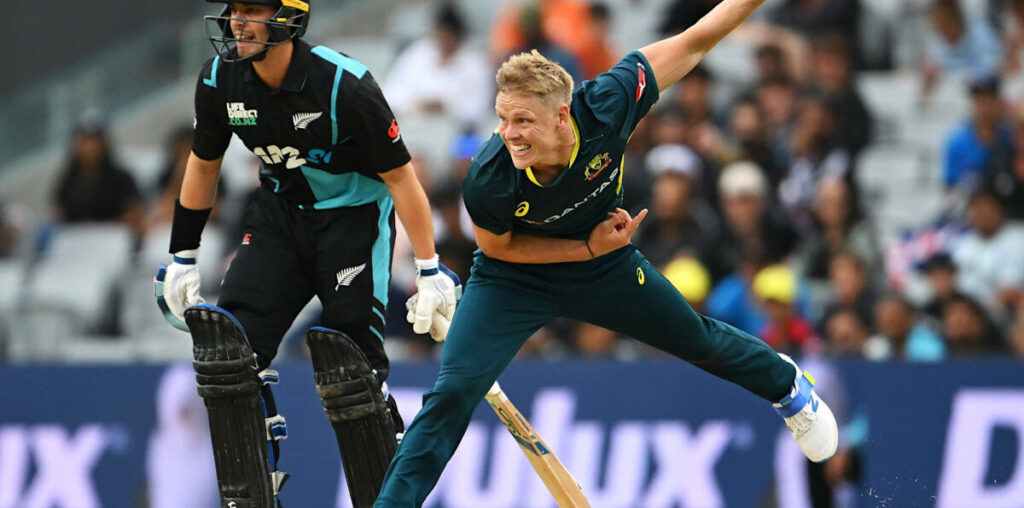The Australian squad for the short three-match T20 series against Pakistan has been chosen and as it turns out, through necessity, the selectors have finally stumbled upon the selection template they should be using for the international level.
With Australia’s Test match squad not being considered for this series as it runs too close to the beginning of the five-match series against India, and the next best red ball players being engaged in an Australia A squad against India at the same time the T20 series against Pakistan is being played, it has left the selectors with the opportunity to choose a T20 squad totally devoid of any of those who might be considered as ‘multi-format’ players. And in many ways, it is a case of ‘it’s about time!’
And yes, I know all of the best players who are not playing in this series will want to be a part of an Australian team that is competing at a World Cup in order to gain the glory that goes with possibly winning it all. And that even though they may not compete in the T20 format of the game very often, they will feel they deserve to be chosen in that team in order to compete in that kind of tournament.

Adam Zampa. (Photo by Hannah Peters/Getty Images)
But, for Australia, and quite probably the other dominant countries such as India and England who have already begun this process themselves, it feels as though the time has come to completely separate the T20 format of the game and the players who are chosen to play in it, and the more traditional ODI and Test concepts.
The BBL, and the IPL, and possibly The Hundred (but more likely the domestic NatWest Trophy), are where young players in those three countries are getting their opportunity to play in a high level tournament prior to their chance of playing for their country. And the fact that they are also able to play against other top-class players of that format from other countries in these tournaments, means they are getting great exposure, and pushing their cause to get their opportunities.
For those three countries in particular, the T20 game can be the breeding ground for future ODI and Test internationals.
Do Pat Cummins, Josh Hazlewood and Mitch Starc in particular need to play T20 internationals? Why not give them the rest they require, and bring in the next generation. The one you hope will step up for the cause, give them exposure on the international scene, and hopefully, show that they deserve a chance in the other formats as well.
ODIs were often a way for young Australian players to get exposure to intenational cricket before they moved into Test cricket and then started to dominate. Dean Jones was one, Ricky Ponting was another. And those names mentioned before – Cummins, Hazlewood, Starc – they all built reputations in ODI cricket before they cemented their spot as a Test bowler.

Pat Cummins and Josh Hazlewood. (Photo by Cameron Spencer/Getty Images)
Now it is obviously unlikely that the selectors down the track will not pick some of the big guns in a future T20 World Cup squad. And that of course is their prerogative. But I believe this is a moment in time when Australian cricket can future-proof itself. Not all countries are as fortunate to have enough players of such calibre that they can select completely separate teams for T20 cricket and Test cricket. And by doing this, and hopefully still succeed on the field, it offers up more chances for players to perform on the international stage. This, of course, provides them with a platform to increase their chances of flowing into the other formats. In turn, this would create a larger player base for the selectors to choose from.
Would doing this perhaps lessen the chance for Australia to win future T20 World Cups? Perhaps. Or perhaps it would increase that possibility, given that only those who are pushing their skills in that shorter format the most are the ones who would be charged with the defence of such tournaments? It is certainly food for thought, and worth a conversation.
Australian T20 squad to play Pakistan
Jake Fraser-McGurk, Matthew Short, Josh Inglis (wk), Glenn Maxwell, Marcus Stoinis, Tim David, Aaron Hardie, Sean Abbott, Nathan Ellis, Adam Zampa, Spencer Johnson, Xavier Bartlett, Cooper Connolly

